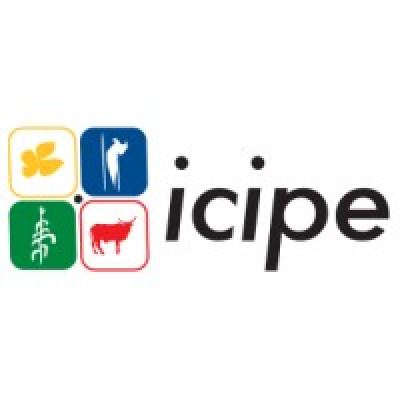Print

icipe - International Centre of Insect Physiology and Ecology
General
Jobs • 0
Shortlists/Awards • 17
Pricing strategy • 0
Partners/Competitors • 209
More
General
Jobs
Shortlists/Awards
Pricing strategy
Partners/Competitors
Tenders
Grants
Details
Legal residence:Kenya
Organization type:NGO
Funding agencies: OPEC Fund for International Development, Asian Development Bank (HQ), Department of Foreign Affairs and Trade - Australia, Danish International Development Agency (Ministry of Foreign Affairs of Denmark), Foreign, Commonwealth & Development Office (HQ), European Commission Directorate-General for International Partnerships (EuropeAid HQ), Millennium Challenge Corporation (USA), Swedish International Development Agency, United Nations Development Programme (HQ), United States Agency for International Development (USA - HQ), World Bank HQ, Other, Government, Norwegian Agency for Development Cooperation, United Nations Office for Project Services (HQ), United States Trade and Development Agency, Swiss Agency for Development and Cooperation (HQ), International Fund for Agricultural Development (HQ), World Health Organization (HQ), United Nations Environment Programme (HQ), Food and Agriculture Organization of the United Nations (HQ), Competitiveness and Innovation Framework Programme, Horizon 2020 (2014 - 2020), Horizon Europe (2021 - 2027)
Sectors: Environment & NRM, Livestock (incl. animal/bird production & health)
Nr. of employees:201-500
Status:
Active
About
icipe is a tropical organisation with a tropical agenda. But why study insects? Because in the tropics, insects are a fact of life to be reckoned with. Insects pose a great risk to food production, often causing the loss of entire crops and destroying about half of all harvested food in storage. The 'old' tropical vector-borne diseases of malaria, dengue, kala-azar and the like are making a dramatic comeback, and frightening new ones are emerging. Livestock succumb in their millions to insect- and tick-borne diseases, resulting in loss of milk, meat and traction power. Underlying all of these issues is the fundamental poverty of most tropical countries and inability to harness their natural resources for themselves.
Top partners

Top competitors


Similar Companies
By Sectors and Organization Types
Country:
Somalia
Awards:
0
Jobs:
0
Country:
Peru
Awards:
11
Jobs:
0
Country:
Vietnam
Awards:
0
Jobs:
0





